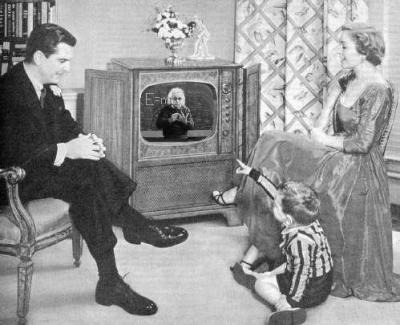In 1996 California and her voters decided to allow marijuana to be allowed for medicinal purposes. The U.S. Supreme Court is hearing the case of Californian women, who use the drug to alleviate chronic pain. The federal government (under the auspices of the Attorney General) is challenging California voters. At stake is whether or not the federal government can impose its will on states when the Constitution doesn't give it the specific right to.
Federal drug law prohibits the use of marijuana under any condition. Opponents of the medical use of cannabis argue that since the FDA hasn't found marijuana to alleviate pain better or worse than drugs already on the market, it shouldn't be allowed for use by doctors. The glaringly obvious problem with their argument is (correct me if I'm wrong), the FDA cannot do a full-blown study on the medical feasibility of marijuana because of federal regulations against its use. Who decides that the FDA could use it for a scientific study? Congress I would assume. If that is the case, I don't see representatives from the heartland rushing to allow the FDA to further the cause of science with a study on a hippie drug. That's not the way we do things here in America.
That isn't to say that all conservatives are siding against California. Many state's rights advocates across the country are hoping for a ruling that would allow Californians to continue to use the drug, not because they agree that marijuana should be legalized, but because they're looking to roll back the federal government's power when it concerns its relationship to the states. This is a balance of power issue between Washington and local government.
The fight then is not between doctors/patients and the FDA/DEA. The fight is actually between the rights of states to experiment with social policy without the federal government butting in. It's not so much a libertarian issue as it is an issue of federalism.
The argument for the medical use of marijuana is that 1) it is not being sold or bought (the patients in question receive it free of charge); and 2) It takes place within one state, without crossing state lines (making it difficult to define it as "drug trafficking"). Under the Constitution, the federal government can regulate commerce between states (or interstate commerce). But marijuana used in this case was grown by local co-opts, to be used free-of-charge, for specific medicinal purposes.
A ruling against the state of California would set a dangerous precedent. It gives the federal government another inch of power which it hungers for so haphazardly. It allows the federal government power over intrastate commerce where the law of the Beltway over-rides the law of states and commonwealths. And it seems to announce, rather arrogantly I might add, that states have little room to experiment with social policy where it conflicts with policy handed down from Washington, aka Perfect-ville, USA.
Logically, the best judges of social policy would be the states, and not the Supreme Court. Federal social policies should allowed to be adapted by local communities because they have the a greater know-how of what things need fixing and how to go about fixing them. A one-size-fits-all policy on the medical use of marijuana is at the very least romantically ignorant, and at the most, imperial hubris.
If there is a way for the Supreme Court to rule in opposition to the medical use of marijuana without trampling states rights, I would be all for it. But it doesn't seem our Supreme Court has the type of legendary minds who have the ability to unearth those badly-needed, history making compromises.
Or if they do exist, their better angels are drowned out by the temptation to draw even more power away from the people, and towards the all-seeing eye and ever-lengthening arm of the Court, states rights be damned.
Wednesday, December 01, 2004
Those who can't, teach.
Posted by
jonny
at
1:57 AM
![]()
Subscribe to:
Post Comments (Atom)




No comments:
Post a Comment